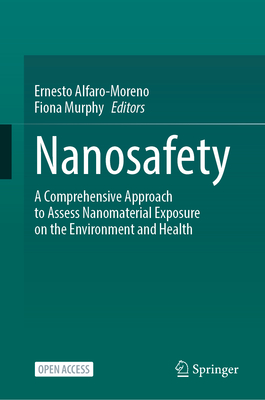Dr. Ernesto Alfaro-Moreno obtained his Ph.D. in Biomedicals Sciences (2004). From 2006 to 2008 he was a postdoctoral fellow at the Lung Toxicology Unit of the K.U. Leuven, developing novel in vitro models to assess lung-vascular communication. From 2008 until 2015, he was head of the Environmental Health Laboratory at the National Cancer Institute of Mexico. From 2015, until 2020, he led a project on Inhaled Particles, at Swetox/Karolinska Institutet. Since June 2020, he leads the Nanosafety Group at the International Iberian Nanotechnology Laboratory (INL). He has published over 40 articles in the field of inhaled particles, air pollution and nanosafety, with over 2,600 citations. Dr. Fiona Murphy is a Lecturer in Immunology and Pharmacology at the Strathclyde Institute of Pharmacy and Biomedical Sciences at University of Strathclyde. She received her Ph.D. in Particle Toxicology at the University of Edinburgh, under the supervision of Prof Ken Donaldson. From 2011-2014, she was a postdoctoral fellow at the MRC Toxicology Unit in Leicester, UK. From 2014-2018, she was a research assistant at the Centre for Inflammation Research at University of Edinburgh. From 2018-2022, she was a postdoctoral research associate at Heriot-Watt University in the NanoSafety group developing Integrated Approaches for Testing and Assessment to support grouping and read-across of nanomaterial hazard. Fiona's current research focuses on the development of physiologically-relevant in vitro models to reduce the reliance on rodent models for hazard assessment of novel materials and to improve our understanding of the underlying mechanism of particle-related lung disease.











